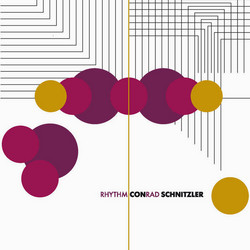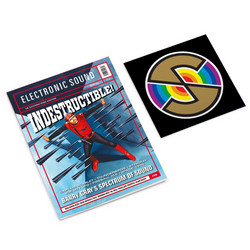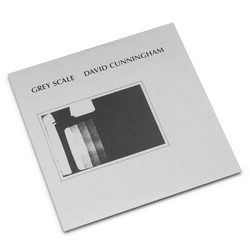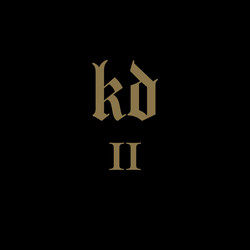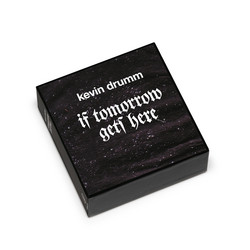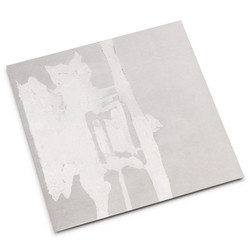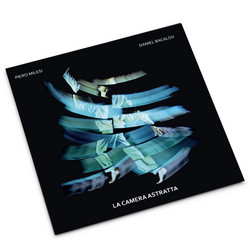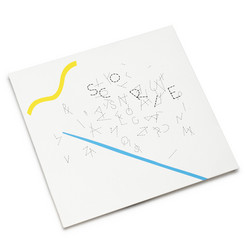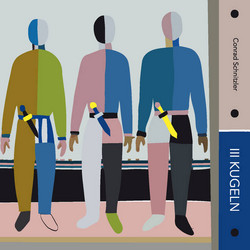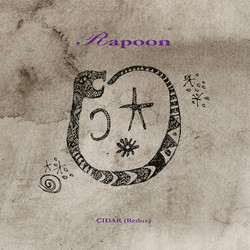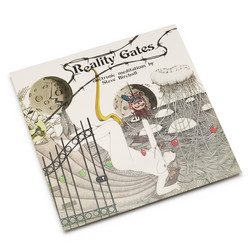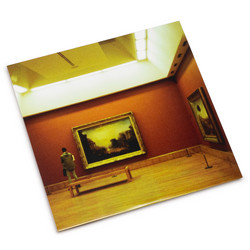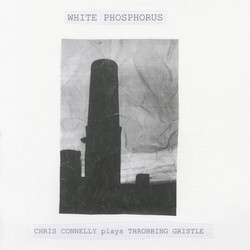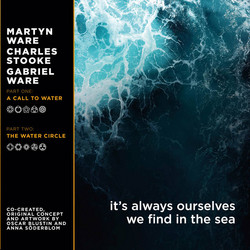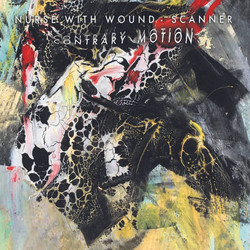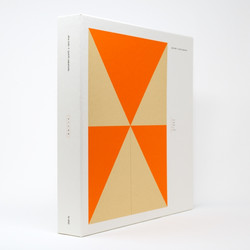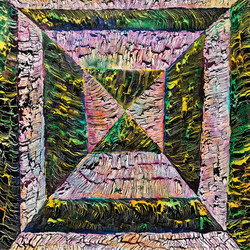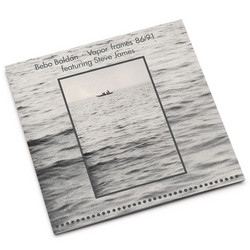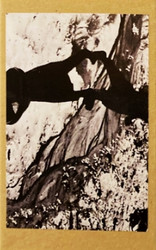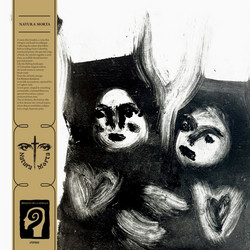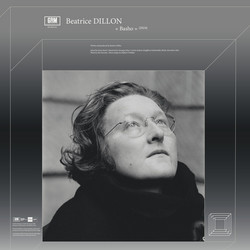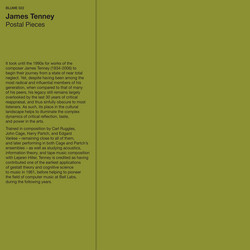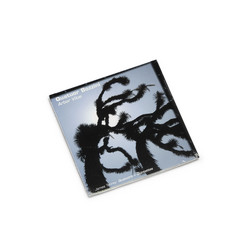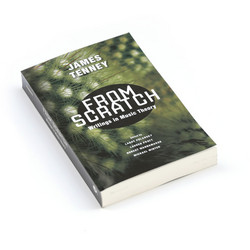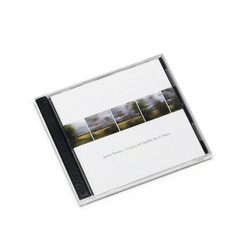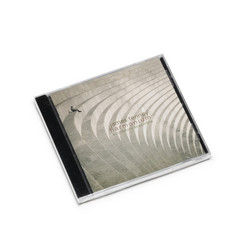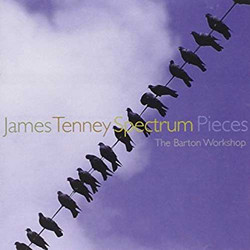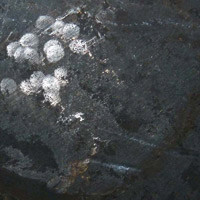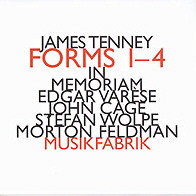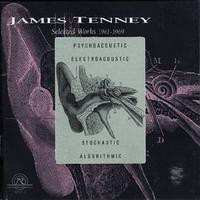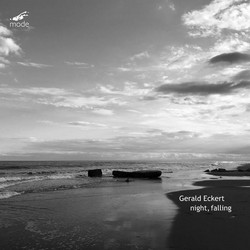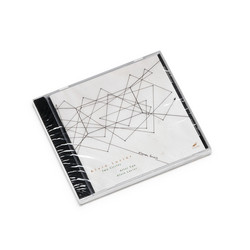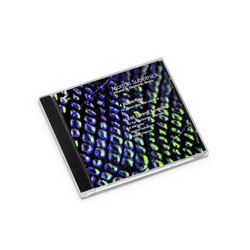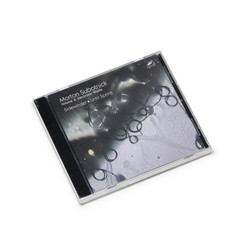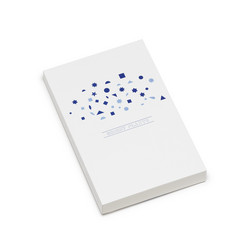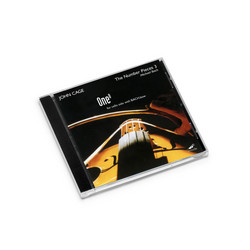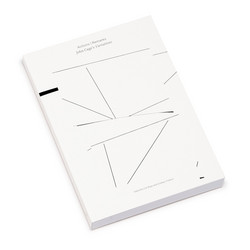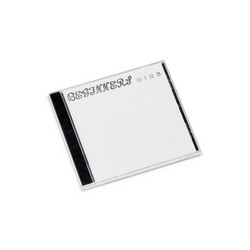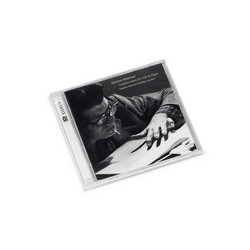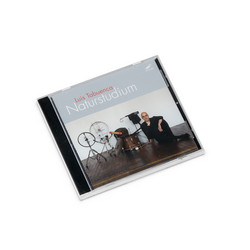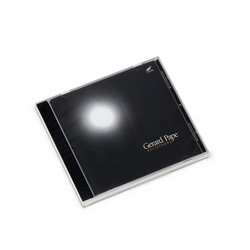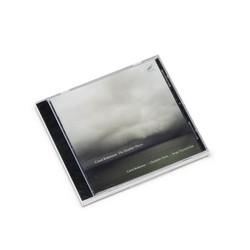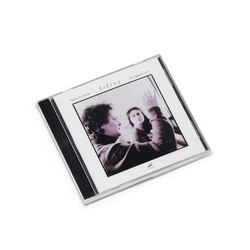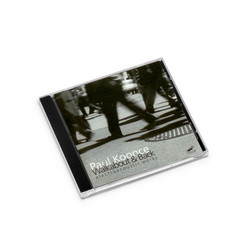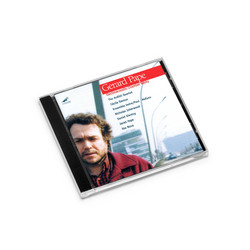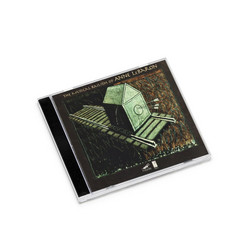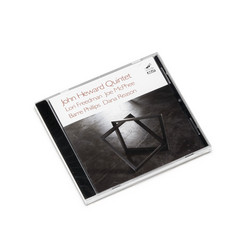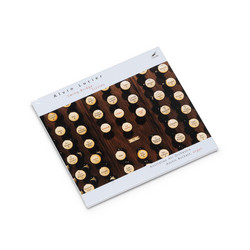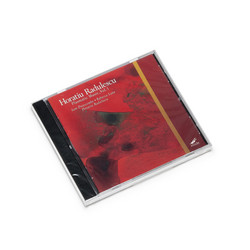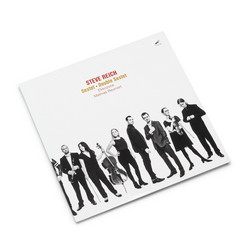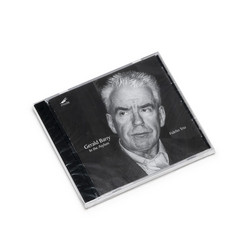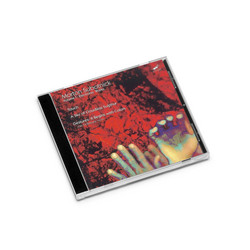Barton Workshop. James Fulkerson & Frank Denyer, directors. First Recordings. "James Tenney (1934-2006) was probably the first composer to develop an aesthetic for computer music, realizing that electronic music almost forced the composer to accept noise as music and to abandon the idea of absolute control over a composition. He came to accept Cage's passion for randomness, but from a different angle: computer music can be "unpredictable" (rather than "random"). This CD looks at how Tenney persistently asked two questions: "What if?" and "How does it work?" Entitled Melody, Ergodicity and Indeterminacy, it brings an understanding of Tenney's exploration of the act of listening and the factors of composition, of how materials can be assembled, how a composer creates musical continuity. It contains four solos for flute and clarinet which are taken both from some of his earliest works, Poem (1955) and Monody (1959) and from relatively late in his career, Seegersong #1 & 2 (1999)
. The cd features Tenney's Ergodos compositions (forerunners of minimal music or drones) - instead of a fixed object, the listener hears a process and assembles his own experience from the sounds which have enveloped him. The reel-to-reel source tapes for Ergodos I and II are unique in that they may be played in either direction, beginning and ending at any point and-or with any number of super-impositions of parts (channels). On this cd, both Ergodos tape pieces are presented along with the tape and its String complement, Instrumental responses (10 performers) and also with a percussion soloist (Percussion responses). Like so many of Tenney's pieces, these works walk a line between the composers input and the choices of the performers in order to come to fruition. Tenney's conscious inclusion of the performer's input is a consistent characteristic of his music and remains a factor which distinguishes him from many other composers."
